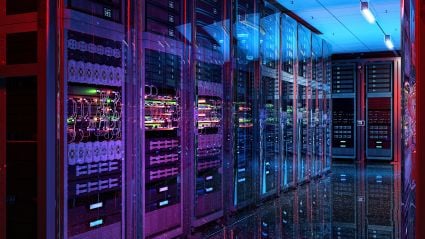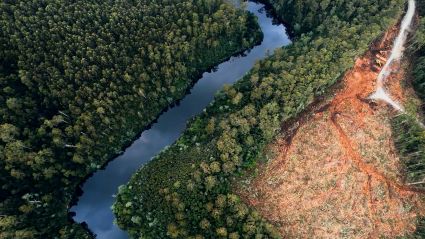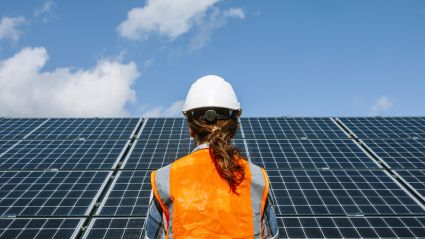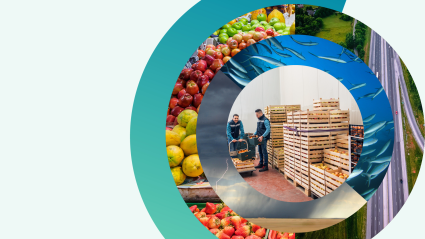SVG

Environmental Sustainability
Overview
FIL work around climate change, conservation, and environmental sustainability has increased the issuance of green bonds, as well as created recommendations for green infrastructure, renewable energy, alternative fuels, and electric vehicles. FIL addresses market failures and financing gaps in climate solutions by collaborating with partners to dismantle silos and convene stakeholders to explore and develop innovative financing strategies that bridge these gaps.
Environmental Sustainability
Related Content
-

Innovative Financing Models for Resilient Critical Mineral Supply Chains
The need for resilient and secure critical mineral supply chains is now a globally acknowledged concept. Decades of investment disparities have exposed the fragility of supply, as strong and rising global demand clashes with monopolistic...Read Report -

Shaping Sustainable AI Through Investment
The adoption of artificial intelligence (AI) across various sectors can be a pivotal force in the creation of a flourishing future for all. It is now obvious that AI offers unprecedented opportunities to address complex global challenges...Read Essay -

Cross-Sector Collaboration for Global Financing Solution to Address Deforestation
The preservation of the world’s tropical forests is a critical challenge. Globally, deforestation continues to rise, driven by socioeconomic factors and the compounding effects of climate change, driving biodiversity loss and water...Read Essay -

Priorities for Strategic Climate and Environmental Philanthropy
Climate disasters—including intensified droughts, wildfires, storms, and flooding—are on the rise globally, with cascading negative impacts on communities and ecosystems.Read Report -

Weather and Waste: Rethinking Small Business Support Following a Natural Disaster
As of November 1, 2024, one each of 24 confirmed weather-related disasters in the United States caused damage associated with losses exceeding $1 billion. The year was one of the costliest since 1980. Nationally, the annual number of...Read ReportImage
Kristen Fanarakis
Associate Director, Small Business, Entrepreneurship, and Economic GrowthKristen Fanarakis leads the small business policy, entrepreneurship, and innovation initiative within the Milken Institute’s Finance pillar. She focuses on the macroeconomic and systemic trends affecting American small businesses and startups, and the implications for the economy and innovation. -

The Role of Solar Energy in Electricity Decarbonization
The 2016 Paris Agreement set greenhouse gas reduction targets for nearly every country in the world with the goal of limiting global temperature, which has been rising rapidly since 1980. According to most experts, the most viable roadmap...Read Article -

Insights on Investments in Food Systems Transformation: Pathways to COP30
This brief synthesizes those conversations into four key themes related to the trends, challenges, and opportunities for public, private, and nonprofit capital to drive food systems transformation.Read Report IM
IM
-

Overcoming Philanthropic Paralysis
A generational wealth transfer of trillions of dollars is occurring as baby boomers pass on their wealth to their children. Simultaneously, the world has witnessed a rise in the number of billionaires. Forbes reported that in 2021, 493...Read Article

-

Financial Innovations Lab: Integrating ESG Data to Improve Risk Management and Municipal Resilience
Sustainable debt investments and the market for ESG data continue to expand. But without effective measuring and tracking of the ESG risks specific to each community, there is a limit to that growth. What’s unmeasured can’t be managed. If...Read Report MB
MB







